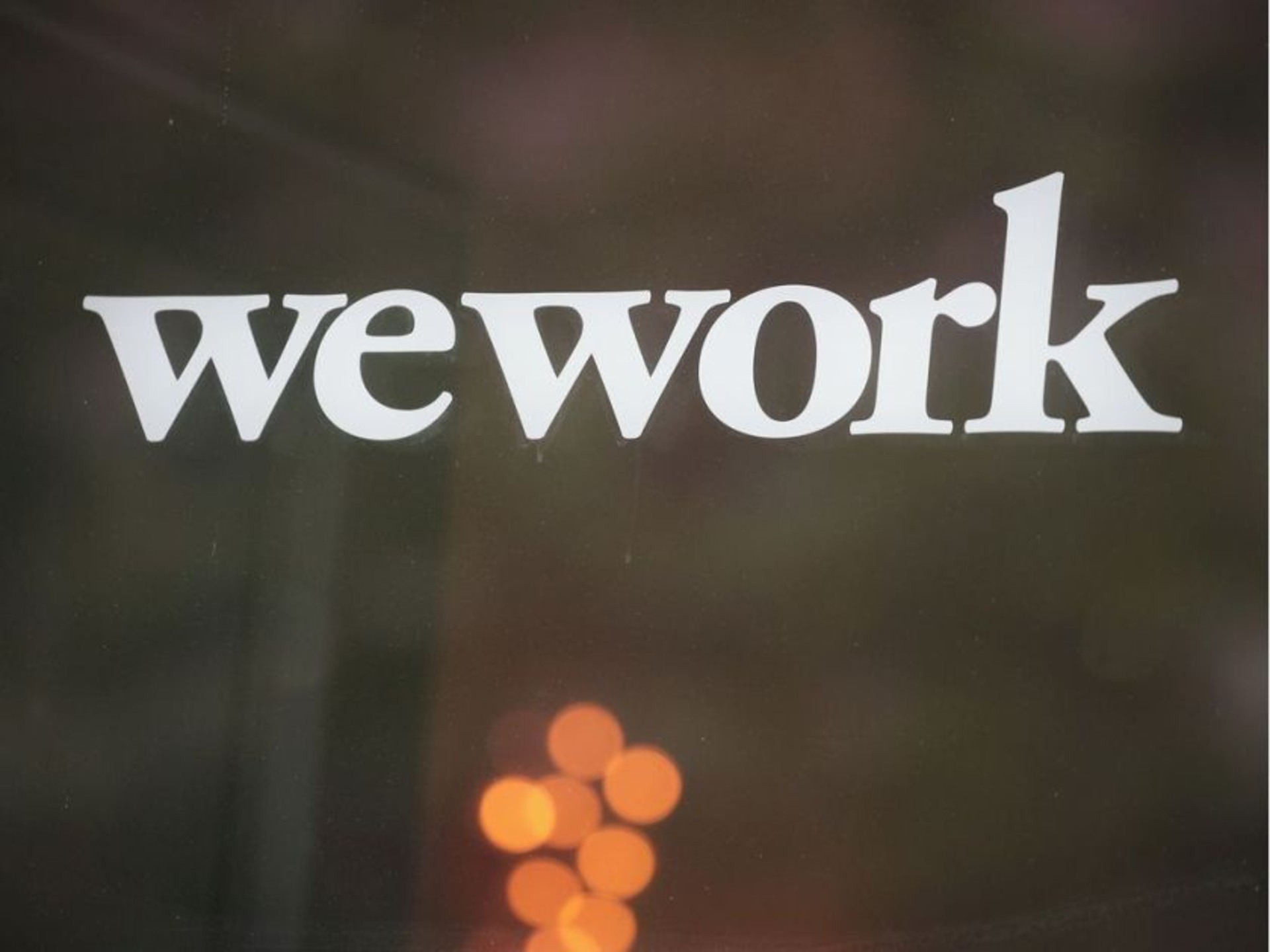Montreal real estate: Demand outpacing supply in office property market
29 Aug 2019
Montreal’s downtown office vacancy rate is the lowest it has been since 2013, thanks in large part to the city’s blossoming tech industry.
According to the latest quarterly office-real-estate market report from CBRE Research, Montreal’s top-quality talent pool, affordable real estate and plummy industry subsidies are drawing more international companies to set up secondary offices here, while also fuelling a new wave of entrepreneurship and expansion by homegrown firms.
The report notes that the Conference Board of Canada predicts Montreal will gain an estimated 22,600 net new jobs by the end of 2019, led largely by employers in tech, science and technical services. Montreal has seen a 14.6 per cent growth in employment in the tech sector between 2013 and 2018, bringing the total tech workforce to 130,200.
The vacancy rate in Montreal’s central business district was at 7.5 per cent in the second quarter of this year, down from 9.5 per cent in the third quarter of last year.
The demand for larger office spaces is now beginning to outstrip supply in Montreal, according to the CBRE report, and the amount of new office space under construction — about 1.2 million sq. ft — doesn’t seem be enough to meet the expected needs of businesses aiming to open or expand within the next year.
Montreal’s building boom has also led to a lack of manpower and an increase in construction costs, which is delaying completion of both new office construction as well as tenant upgrades and renovations of existing spaces, the report says.
Avi Krispine, managing director for CBRE Quebec, said the office market downtown is likely to tighten further over the next two years as new tech businesses launch and more established firms expand.
“These are the companies expanding and taking up more square footage in the downtown core,” he said.
Montreal has the most affordable real estate of the top 50 cities in North America ranked in CBRE’s annual Scoring Tech Talent report, Krispine noted. In this year’s report, Montreal rose one spot to lucky No. 13. Yet tech companies aren’t just bargain-hunting when they choose Montreal.
“Our talent is one of the most attractive elements. We have tremendous talent coming from McGill, Concordia and other universities,” he said.
One shift Krispine has noted in the last couple of years is that companies are no longer just looking at square footage and price when selecting a new location. For many companies, finding and retaining top talent is a growing concern, and this has led to a greater emphasis on company culture and lifestyle as a differentiator. And it is here, too, that Montreal shines.
“It’s all about working environment, culture and investing in people. It used to be about products and then people, and now it’s the people first,” Krispine said. “How do we attract them? Better offices, better locations.”
In addition to talent, culture and cheap real estate, Krispine noted that Montreal has another factor juicing growth in the tech sector: government money. Programs like Canada Economic Development for Quebec Regions (REGI) cover up to half of some expenses. Other incentives designed to encourage innovation, scientific research and experimental development can offset up to three-quarters of certain salary expenses.
CBRE’s report also noted that some co-working companies have had notable expansions this year. WeWork doubled its footprint in the city this year, signing a 120,000-square-foot lease at 1010 Ste-Catherine St. W., and another for 64,000 sq. ft. at Humaniti. A new addition to the co-working scene, iQ Office Suites, also leased 35,000 sq. ft. in the Sun Life building for its first Montreal location.
